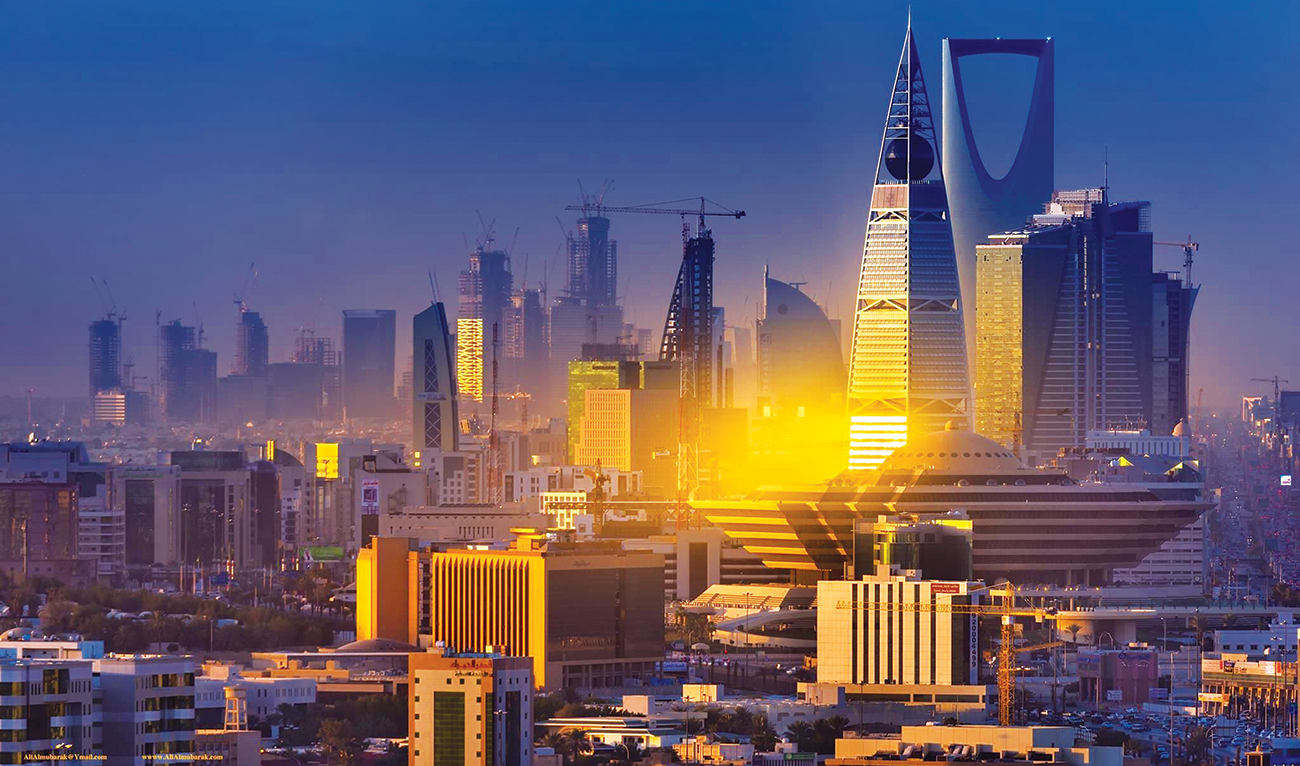RIYADH: Saudi experts across various fields welcomed comments made by Crown Prince Mohammed bin Salman in a televised interview on Tuesday to mark the fifth anniversary of the launch of Vision 2030.
Naif Aldandeni, an energy strategy specialist, said the crown prince raised numerous points with regard to the future of oil as part of the Kingdom’s economic plans.
“If we were to go back in history, oil no doubt has greatly served Saudi Arabia,” the crown prince said. “But we know that Saudi Arabia has been a country established before the oil.”
While the Kingdom has no plans any time soon to stop focusing on oil, it is looking to maximize the benefits it gets from the sector, such as the downstream industries, Aldandeni noted.
“We should not rely on it,” the crown prince said during his 90-minute interview. “The other thing that is related to the oil sector, when you go to downstreaming your profitability increases.”
One of the highlights of the interview for energy analysts was when Crown Prince Mohammed bin Salman revealed that the Kingdom’s officials are in discussions to sell a 1 percent stake in oil conglomerate Saudi Aramco. Initial public offering in 2019 for the world’s biggest oil company was a cornerstone of the Kingdom’s economic diversification program, which also aims to boost foreign investment.
While the crown prince did not name the country or company involved in discussions, he said there were also huge opportunities for Aramco to prosper in different sectors — from shipping to pipelines and cables.
“We want to increase the benefit we reap from the oil to manufacturing industries and others and then to produce other opportunities away from the oil sector to diversify our economy,” he said.
If the Aramco sale is finalized, Aldandeni said it would lead to great opportunities for Aramco and the Kingdom.
HIGHLIGHTS
• Analysts praise plans to sell Saudi Aramco’s 1 percent stake.
• Experts see the Shareek program as a catalyst to spur the private sector’s growth.
• Government efforts to boost the real estate sector praised.
Waleed Bakarman, the CFO of Raseel Holding Co., said the new Shareek program is expected to help private sector companies create growth and expansion opportunities by interacting more with the public sector to create employment.
The public sector can benefit from the technical and financial capabilities of the private sector to accomplish its goals in areas such as health, education, infrastructure and others, Bakarman said. However, he said, the public sector needs to offer incentives to stimulate and encourage private companies to join the program.
Khaled Al-Mobaid, the CEO of Menassat Realty Co., said the real estate sector is the second-largest economic resource after oil. The government issued more than 50 laws and regulations on real estate over the past four years to stimulate the sector and encourage it to contribute to resolving the housing crisis, he said.
He believes that there are still big opportunities in the housing market, which has huge demand.
Dr. Abdullah Baeshen, a financial adviser, said the crown prince tackled employment systematically from different angles in his interview, pointing to his comment that human resources were the most important pillar of development in the Kingdom, next to water and natural resources.
“The crown prince bravely admitted that it was not acceptable to see unemployment hit 14 percent in an economy that boasts huge human resources,” Baeshen said.
Faisal Al-Fadl, secretary-general of the Saudi Green Building Forum, stressed that the country’s capital Riyadh is quickly becoming “a world leader in solar production and consumption while making great strides in preserving open space.”
He congratulated the crown prince for investing “hundreds of millions of riyals to revitalize its buildings, parks, and neighborhoods while building some of the Kingdom’s most eco-friendly projects.”
Abdul Aziz Aloqail, a member of the board of directors at the Environmental Green Horizons Society, concurred with the crown prince when he said man is not isolated from the environment where he lives, rather, he
is part of it.
“Every human being has the right to live in a clean and sustainable environment that guarantees the quality of life and protects the rights of future generations to live in a similar clean environment,” Aloqail said.
Saudi business leaders discuss SME funding initiativesSaudi Arabia promotes investment opportunities with Japan’s business leaders

